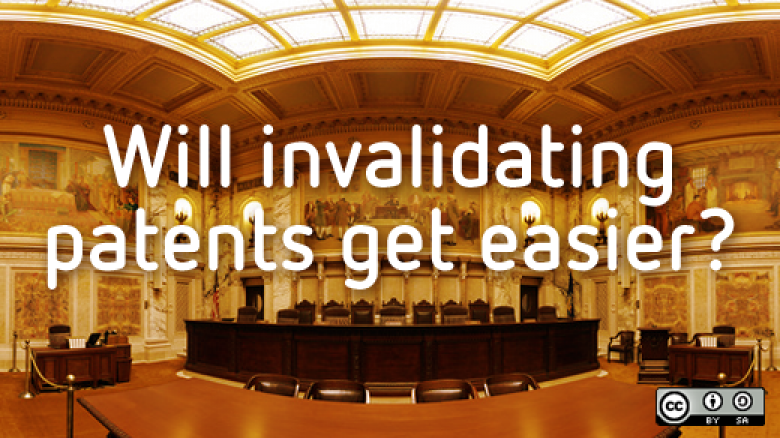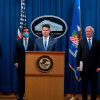Technology companies ask Supreme Court to reject vague patents
You’ve probably realized this by now, but the Supreme Court is having a very busy term when it comes to patent cases. In Nautilus, Inc. v. Biosig Instruments, Inc.—scheduled for oral argument on April 28—the Court will consider whether to hold vague patents to a more exacting standard.
For those of us that deal with patents regularly, especially defending against assertions from non-practicing entities, the idiom "better the devil you know than the devil you don’t" rings true. If you’ve ever read a devilishly vague patent claim, you might appreciate the Federal Trade Commission’s conclusion from its recent study:
When patents provide clear notice of their boundaries … parties [are able] to contract efficiently, with confidence as to the technology rights that are conveyed, facilitating both collaboration among firms with complementary expertise and competition among inventions in technology markets. … Poor patent notice[, on the other hand,] undermines innovation and competition by raising the risk of ... infringement and imposing ‘a very high overhead’ on innovation.










































































